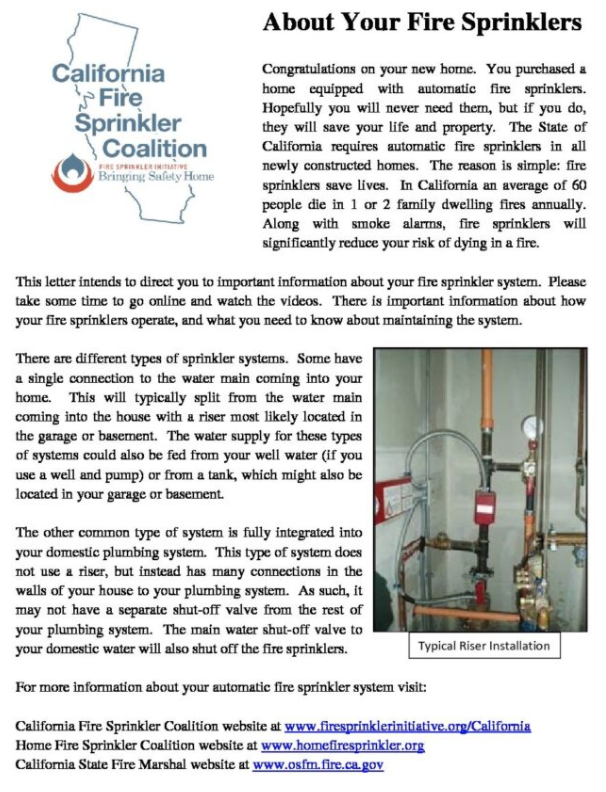Central County Fire Department is committed to educating the public in simple ways to stay safe. We offer a variety of programs to educate our communities. Review the safety tips below for more information on how you can be fire-smart. Fire Safety information is also available in other languages.
Summer Fire Safety Tips
CCFD encourages everyone to think about good fire safety practices to keep you and your loved ones safe and sound.
Fireworks
- ALL fireworks are illegal and punishable by fine in Burlingame, Hillsborough & Millbrae. If you want to see fireworks, go to a public show
- Keep a close eye on children at events with fireworks
Grilling
- Propane and charcoal BBQ grills should be used outdoors only
- Keep children and pets at least three feet from the grill area
- Keep your grill clean by removing grease buildup
- Never leave your grill unattended
- Always make sure your gas grill lid is open before lighting it
Smoke Alarms
- Test your smoke alarms monthly
Fire Safety While on Vacation
- Wherever you plan to stay on summer vacation:
- Hotel/Motel/AirBnB:
- Select a location with fire sprinklers and smoke/carbon monoxide alarms
- Check for an evacuation map for two ways out
- Motor home/Camper/RV:
-
- Make sure working smoke and carbon monoxide alarms are installed
For more seasonal safety tips, visit: https://www.usfa.fema.gov/prevention/outreach/
Source: USFA
Monthly Fire Safety Newsletter:

July 2024
CCFD TV
Fire is Everyone’s Fight |
Fire Won’t Wait, Plan Your Escape! |
Firefighters Say:
|
|---|---|---|
| Fire is everyone’s fight! Practice fire-safe cooking and install and maintain smoke alarms.
Did you know?
Source: nfpa.org |
Your ability to get out of a home during a fire depends on early warning from smoke alarms and advance planning. Do *you* have a fire escape plan? Big thanks to Engine 32-B: Captain Bunnell, Firefighter/Paramedic Eversole, and Firefighter Houser for this fun and informative video. For more information, visit fpw.org.
|
Close Before You Doze – See the dramatic difference a door can make.
Because of synthetic materials, furniture, and construction, fire spreads faster than ever before. Closing doors helps stop the spread of fire. ‘Close Before You Doze’ focuses on straightforward actions and simple behavioral changes which can provide critical help in delaying the spread of fire. This doesn’t require major effort or going out and buying anything.’ -Stephen Kerber Director, UL FSRI Closing your bedroom door while you sleep could save your life. Please watch this informative video on how quickly smoke and fire can spread. To learn more about the Close Before You Doze program, please visit the Underwriters Laboratories’ website at https://closeyourdoor.org/. |
Living With Sprinklers Information Sheet
Fire Safety Planning
Fire Safety Tip Sheets
Preparing for the Heating Season









